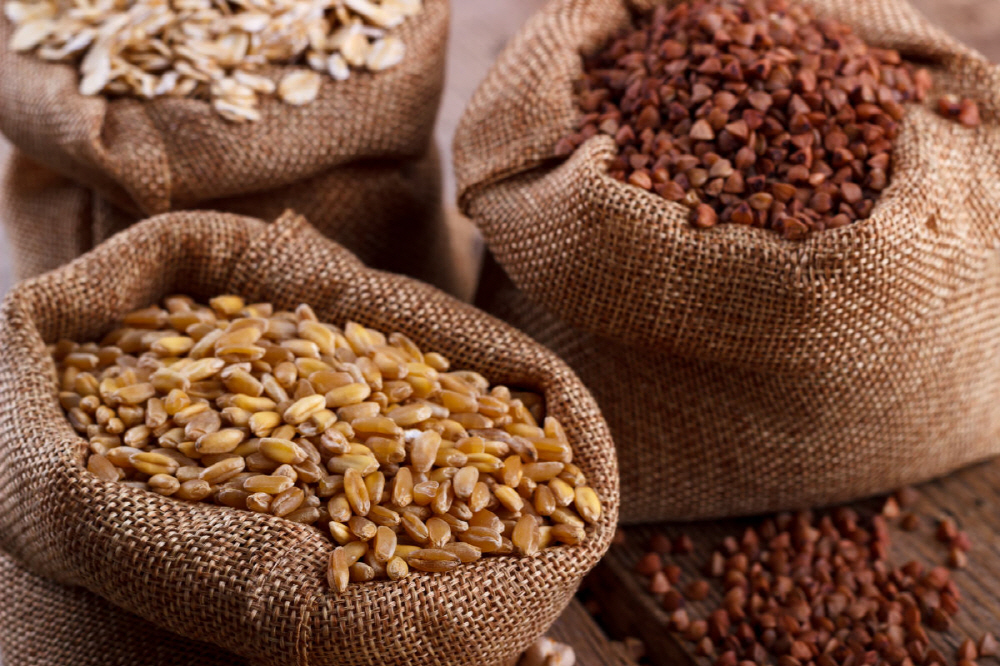
The World Food Price Index (FFPI), which is released every month, was found to be the highest in the past decade in October 2021. Food prices in October 2021 increased by 3.2% from September and by 31.3% from the previous year.
In addition to the FFPI, which represents the total price of food, the FAO, the United Nations Food and Agriculture Organization of the United Nations, tracks and publishes indexes for five commodity groups: meat, dairy, grain, vegetable oil, and sugar. Among them, grains and vegetable oils have seen the sharp rise in prices. First, in Canada, the United States and Russia, wheat prices increased by 5%, as wheat yields decreased while demand increased, resulting in a 3.2% increase in the grain price index. Due to the global population growth, the demand for grain is expected to increase further from 2021 to 2022, and the production will also increase compared to the previous year. The FAO estimates that grain production in 2021 will reach a high of 2.79 billion tons.
In Malaysia, production was hampered by a labor shortage, resulting in higher palm oil prices and a 9.6% increase in plant maintenance index in one month. The one-month increase rate is said to be the highest in the past.
The dairy index rose 2.6% as demand for butter, skim milk powder and whole milk increased, but cheese prices remained stable. Meat index decreased for 3 consecutive months. This appears to be due to a decrease in pork purchases in China and a decrease in beef consumption in Brazil. Meanwhile, poultry and sheep prices are rising. The sugar price index has been on the rise for the sixth straight month, but in October 2021, it fell 1.8% and the surge has slowed.
In July 2021, the FAO reported severe food shortages in many countries due to global conflicts, extreme weather, and the COVID-19 pandemic. In a new announcement, the United Nations underscored that energy and food are in an inseparable and unbroken relationship, as one-third of total energy is being used to meet global food demand. It has been shown that building an agricultural food system using renewable energy, such as an irrigation system powered by solar power, is an important key in climate change countermeasures. Related information can be found here.

